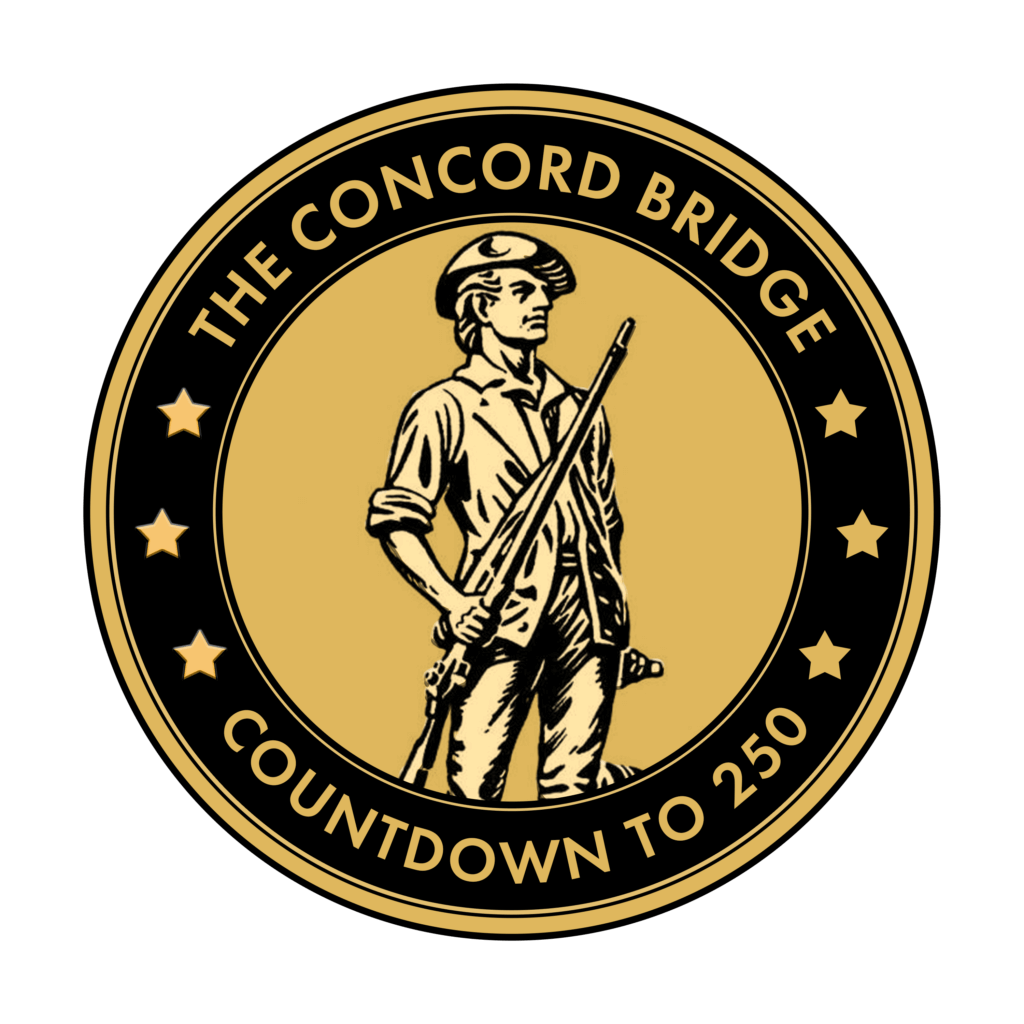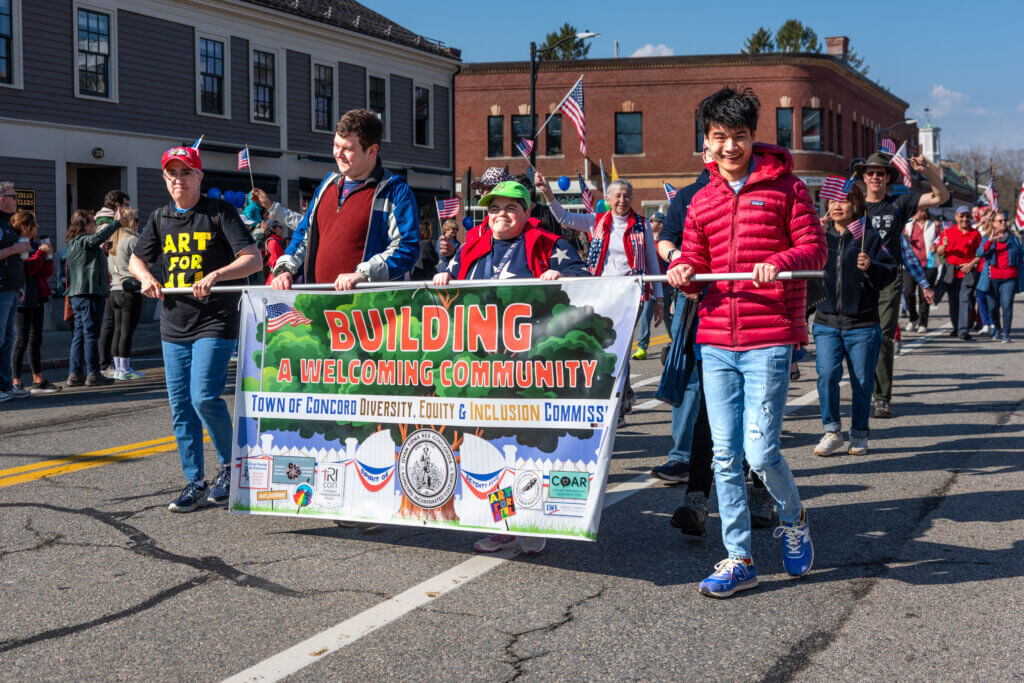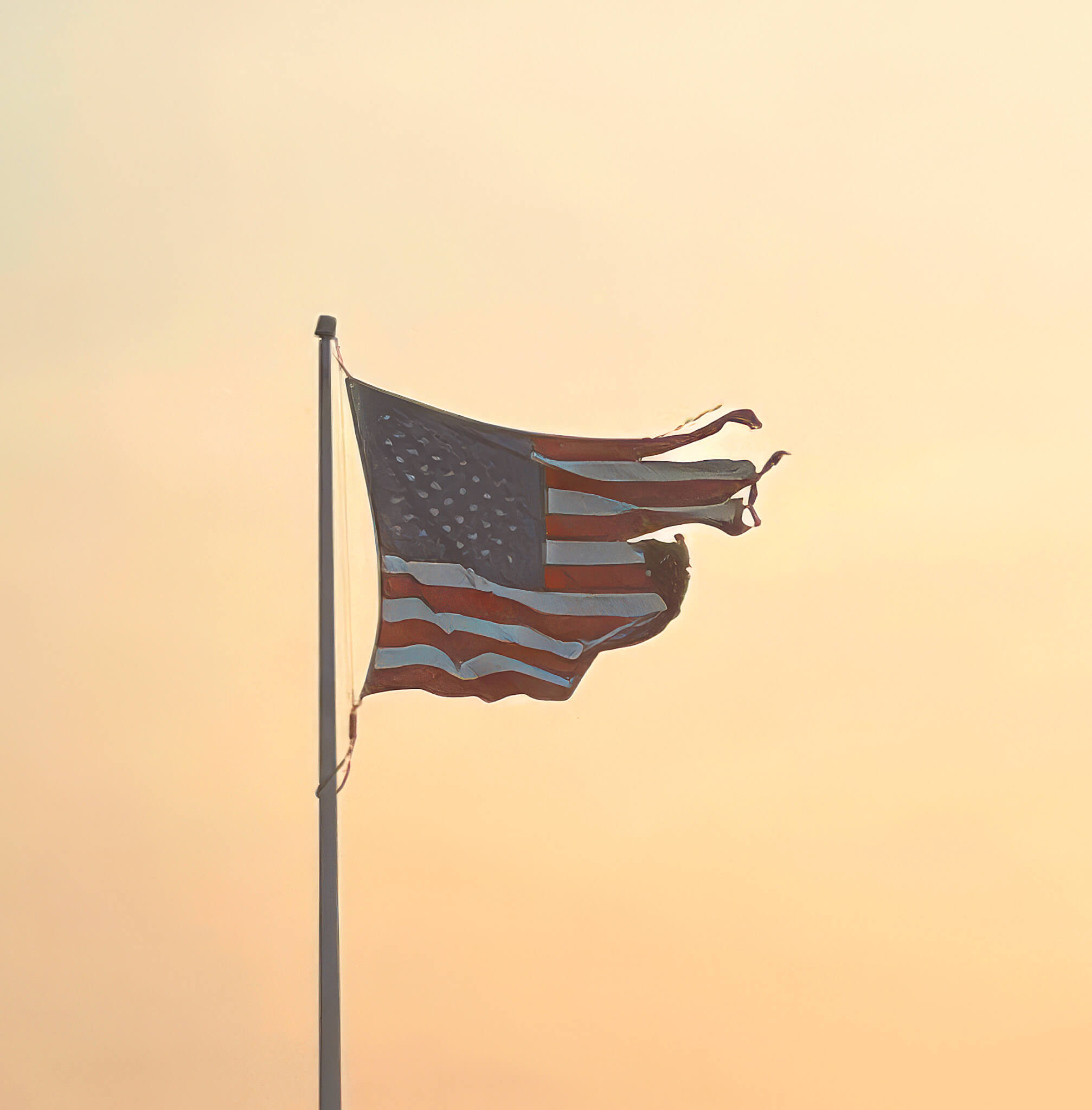By Felicity Zhang — CCHS Class of 2025
I was heading home from a day trip to Liberty Island last summer when, outside the car window, I saw a frayed American flag flapping against the backdrop of the dusky sunset. At that moment, I thought, How fitting: the symbol of our nation and of freedom, though battered, was still waving.

A year from our country’s 250th anniversary, what does freedom mean to American youth?
In 1775, “freedom” was the idea in which youth invested their faith and even their lives into the American Revolution — an escape from tyranny and voicelessness.
In 1975, the expanded notion of freedom as equality was instilled in a new generation and manifested as demonstrations for the Civil Rights movement and against the Vietnam War.
Now, in 2025, many of today’s youth agree that despite dramatic progress, freedom is still in jeopardy.
CCHS social studies teacher Johanna Glazer says, “There are ways the world feels chaotic and unstable, [and] that adds to a fear that makes us more likely to give up our freedoms.”
And student Lincoln Green (’25) explains, “The thing about freedom is that [a] lot of people don’t realize how lucky we are and how much freedom we really do have until parts of it start [to] be threatened.”

One for all?
Christopher Gauthier, a CCHS social studies teacher, says innovations throughout history have made us wonder “if new freedoms are making us less free.” Modern technology, in particular, has shattered the bounds of what knowledge can be widely accessed and what “truths” can be purported and accepted.
But on an even more abstract level, while we celebrate the expansion of freedom through growing globalization and rights for the oppressed, we seem to be losing sight of our country’s identity as greater than the sum of our parts.
Glazer notes that between “personal freedoms” and “the freedom of community [as] a whole,” Americans today need to “[realize] that to some degree, allowing other people to have opportunities doesn’t take away [our own] freedom.”
Asks Gauthier, “Can we have solidarity… that holds us together in the midst of all of this impulse toward individual freedom?” And when freedom — the foundation of our country — is centered on and defined solely by individuals, what happens when we contest it?

Sacrifices made
As youth, we may not have the exact answer to this question. Yet perhaps one thing that has remained consistent over our country’s 250 years is that we are still united by our willingness to make sacrifices for the idea of freedom; however, it has and will continue to evolve.
As Gauthier proposes, “Maybe the ultimate freedom is to choose to give up some of that freedom for something bigger than yourself.”
Grady Flinn (’25) defines freedoms as “something that we have to actively fight for, [that] we have to work to protect… as others try to continue shooting them down.”
Nafeesa Hoda (’25) adds that today’s youth need to do more than merely watch: “We’re not going to have thorough change in society unless everyone takes a part.”
Freedom is not only a privilege or a fixed list of liberties, but also a responsibility. It is not only having, but also taking advantage of, the opportunity to demand change and the space to fight for what we think is right.
Today’s youth are realizing that we must be willing to take that responsibility into our hands, nurturing the seed that was first planted 250 years ago.






